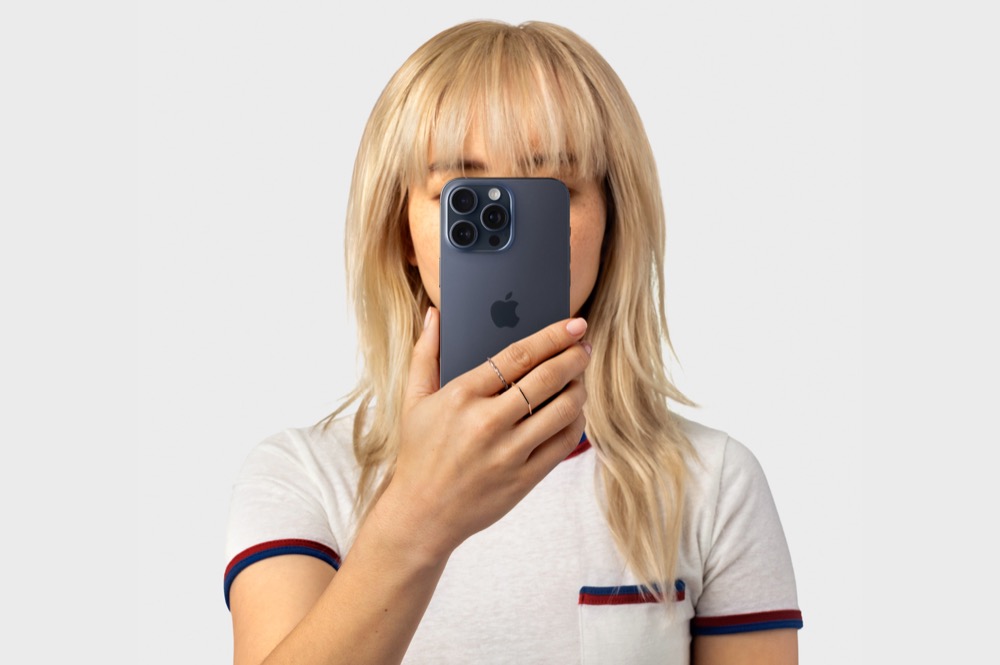WWDC: Private Cloud is the future of cloud services

Apple has woven AI in across its platforms, supporting parts of this effort with a new ultra-private cloud service it is calling Private Cloud Compute. There is a lot to like about the new offering, particularly for any entity concerned for data sovereignty, privacy, or protection of their data assets. I believe private cloud will be a big part of the future of all cloud service provision.
Apple explains that Private Cloud Compute gives its cloud service the same industry-leading protection as you get from an iPhone. The intention is to let users enjoy powerful cloud intelligence services from Apple without any sacrifice in privacy.
What Apple says
“Private Cloud Compute allows Apple Intelligence to process complex user requests with groundbreaking privacy,” said Craig Federighi, Apple’s senior vice president of Software Engineering.
“We’ve extended iPhone’s industry-leading security to the cloud, with what we believe is the most advanced security architecture ever deployed for cloud AI at scale. Private Cloud Compute uses your data only to fulfill your request, and never stores it, making sure it’s never accessible to anyone, including Apple. And we’ve designed the system so that independent experts can verify these protections.”
What it means
Apple Intelligence puts GenAI inside your Apple device. The snag is that while lots of the work this feature does can take place on the device, not all of it can, which is where Private Cloud Compute steps in. It allows Apple Intelligence to flex and scale its computational capacity, drawing on larger, server-based models to handle more complex requests, all while protecting user privacy.
Apple’s new password management app
What happens when a user makes a Private cloud request?
The way it is structured is that the Apple silicon servers that form the foundation of Private Cloud Compute provide unprecedented cloud security, including Secure Enclave, Secure Boot. There are also protections to ensure only trusted code is running and that the device can securely verify the identity and configuration of a Private Cloud Compute cluster before sending a request. When a user makes a request, the following steps take place.
First, Apple Intelligence analyzes whether it can be processed on device.
If it needs greater computational capacity, it can use Private Cloud Compute.
To do so it will send only the data that is relevant to the task to be processed on Apple silicon servers.
When requests are routed to Private Cloud Compute, data is not stored or made accessible to Apple, and is only used to meet the user’s request.
To verify Apple’s privacy promise, independent experts can inspect the code that runs on Private Cloud Compute servers.
More details on Private Cloud Compute can be found at security.apple.com/blog/private-cloud-compute.
WWDC: Additional privacy improvements
“We relentlessly deliver on our commitment to give users the strongest and most innovative privacy protections,” said Erik Neuenschwander, Apple’s director of User Privacy. “This year is no exception, and the ability to lock and hide apps is just one example of Apple helping users remain in control of their information, even when they are sharing their devices with others.”
Additional privacy improvements introeuced at WWDC include:
Locked and hidden apps: Users can lock an app to protect its contents from view, or hide an app to help prevent others from seeing it. When a user locks an app, if someone tries to tap it, they will be required to authenticate using Face ID, Touch ID, or a passcode. For additional privacy, a user can also hide an app, moving it to a locked, hidden apps folder that requires Face ID, Touch ID, or a passcode to open.
Contacts permission improvements in iOS 18 lets users choose which contacts to share with an app, rather than give an app access to all their contacts.
Accessory Setup Kit also allows developers to provide an intuitive new way to pair a user’s accessories without letting an app see all the other devices on their network, keeping their devices private and making pairing seamless.
The newPasswords app makes it easy for users to access account passwords, passkeys, Wi-Fi passwords, and two-factor authentication codes stored securely in Keychain. The app also includes alerts for users regarding common weaknesses, such as passwords that can be easily guessed, have been used multiple times, or have appeared in known data leaks.
The Privacy & Security section in Settings surfaces glanceable information, so users can more easily understand the level of access each app has.
With iOS 18, categorization in Mail occurs entirely on a user’s iPhone, and automatically sorts messages into Primary, Promotions, Transactions, and Updates, letting users focus on the messages that matter to them most.
Messages via satellite in iOS 18 enables users to message their friends and family directly from their existing iMessage and SMS conversations when they are without access to cellular connectivity or Wi-Fi.
Presenter preview in macOS Sequoia helps ensure users no longer have to worry about oversharing when they’re video conferencing, using AirPlay, or plugging in with a cable. With apps like FaceTime and Zoom, users can share their whole screen, or just an app, and presenter preview appears automatically.
Please follow me on Mastodon, or join me in the AppleHolic’s bar & grill and Apple Discussions groups on MeWe.




